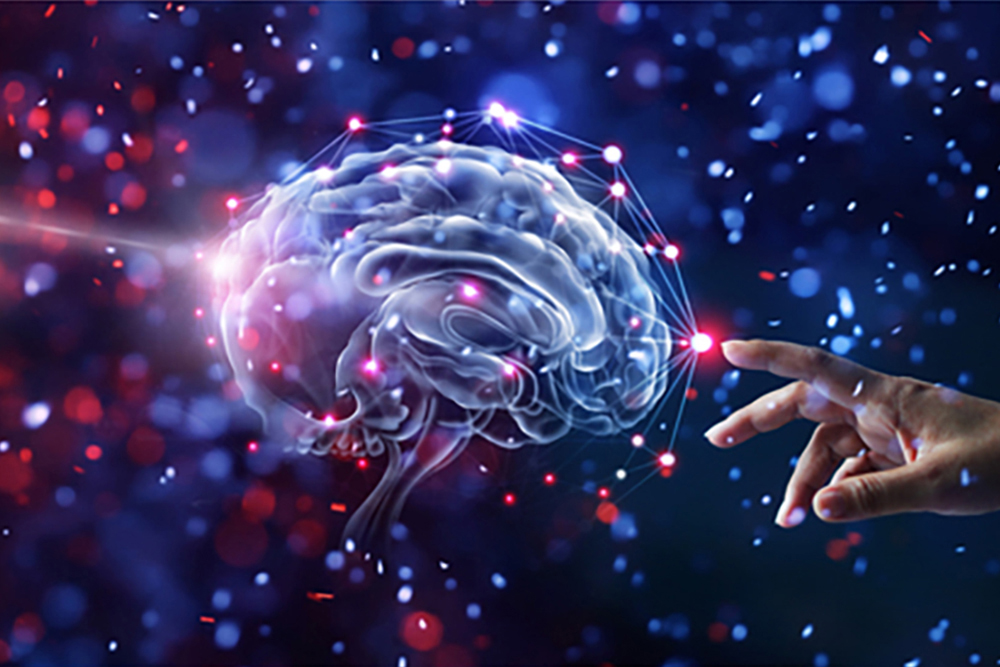Expert Panel Sets Guidelines for Assessing Tardive Dyskinesia Impact

Tardive dyskinesia (TD) is a movement disorder causing involuntary movements that severely impact patients’ physical, cognitive, and psychosocial functioning. Despite its significant effects, routine clinical practice often lacks measures to assess TD’s functional impact.
Addressing Withdrawal-Emergent Dyskinesia: Urgent Need for Better Management and Research in Pediatric Psychiatry

Withdrawal-emergent dyskinesia (WED) is a movement disorder that can develop following the sudden stop or quick reduction of antipsychotic medications, typically resolving within weeks. Highlighted by a case of a 13-year-old experiencing reversible oral dyskinesia during neuroleptic withdrawal and stimulant titration, this scenario stresses the need for heightened awareness among clinicians of potential extrapyramidal symptoms and withdrawal effects. This awareness is essential in managing the rising prescription of these medications to treat diverse psychiatric disorders in youth, aiming to prevent and handle complications effectively.
Managing Tardive Dyskinesia: A Multidisciplinary Approach to Enhancing Daily Functioning and Quality of Life

Tardive dyskinesia (TD) presents challenges beyond its visible symptoms, impacting speech, swallowing, and mobility, thereby affecting daily functioning. While medication options such as VMAT inhibitors are available, holistic management often involves collaborative efforts with healthcare professionals like speech, physical, and occupational therapists. Speech therapists address hyperkinetic dysarthria, employing comprehensibility strategies to enhance communication and mitigate swallowing difficulties. Physical therapists focus on improving gait, balance, and body movements through personalized plans, utilizing techniques like repetition and sensory input enhancement. Occupational therapists aid in restoring functional abilities by adapting tasks and incorporating assistive devices tailored to individual needs, thereby enhancing independence in daily activities.
Study Reveals Tardive Dyskinesia Worsens Cognitive Impairment in Schizophrenia, With Gender-Specific Effects

In a study on cognitive impairment in patients with schizophrenia with tardive dyskinesia (TD), researchers found that TD exacerbates existing cognitive deficits in schizophrenia. Particularly, patients with TD displayed worse cognitive performance, notably in visuospatial/constructional and attention domains, compared with those without TD. Notably, while male patients with TD exhibited significant cognitive impairments, this was not observed in female patients, suggesting a possible protective effect of female gender against TD and cognitive deficits, potentially linked to hormonal factors like estrogen.
Study Links Neuronal Degeneration in Tardive Dyskinesia to Brain Connectivity Changes Using MRI

Researchers investigated the role of neuronal degeneration in tardive dyskinesia (TD) by analyzing cerebral regional homogeneity (ReHo) using resting-state functional MRI in patients with schizophrenia, both with and without TD, and healthy controls. Significant ReHo variations were found in specific brain regions of patients with TD, indicating altered neural connectivity. These variations were correlated with the severity of TD symptoms, highlighting ReHo’s potential in understanding TD’s etiology and progression.
Study Reveals Profound Impact of Tardive Dyskinesia on Caregivers in the United States

Researchers of a survey-based study in the United States involving 162 caregivers, highlight the profound impact of tardive dyskinesia (TD) on patients across physical, psychological, and social domains, with over 80% of caregivers reporting severe impact. Additionally, caregivers experience significant burden, with TD-related caregiving tasks affecting their psychological well-being, daily activities, and professional lives. Caregivers, particularly those of patients with more severe TD symptoms, report feelings of anxiety, sadness, and being overwhelmed. The impact on caregivers’ work productivity is notable, with high levels of presenteeism and overall work impairment reported.
Unusual Case of Tardive Dyskinesia in Young Patient Raises Questions About Low-Dose Second-Generation Antipsychotics

A case presented a 28-year-old female with osteogenesis imperfecta and major depressive disorder with psychotic features, who developed tardive dyskinesia (TD) after taking a low-dose second-generation antipsychotic, risperidone (2 mg), for three months. Despite discontinuing risperidone and switching to quetiapine, her symptoms, including akathisia, dystonia, involuntary movements, and lip smacking, persisted, leading to a diagnosis of TD. This case is noteworthy as TD is less commonly reported with low-dose monotherapy of second-generation antipsychotics, especially in younger patients.
The Extensive Impact of Tardive Dyskinesia Physically, Psychologically, and Socially

Researchers of a study assessed the multifaceted impact of tardive dyskinesia (TD) on patients through an online survey that took place from April 2020 to June 2021. Participants, who were diagnosed with TD and associated conditions like schizophrenia, bipolar disorder, or major depressive disorder, evaluated the impact of TD on their physical, psychological, and social functioning using Likert scales. They also completed the Work Productivity and Activity Impairment Questionnaire, providing insights into TD’s influence on their underlying psychiatric conditions.
RE-KINECT Study Shows the Extensive Impact of Tardive Dyskinesia on Patients and Caregivers

Researchers investigated the pathophysiology and etiology of tardive dyskinesia (TD). The study found that TD was seen in patients on long-term dopaminergic antagonist drugs. Individuals with conditions like schizophrenia, schizoaffective disorder, and bipolar disorder are more prone to TD, especially after long-term antipsychotic use; however, even those with disorders such as fetal alcohol syndrome can develop TD after a single dose of certain agents.
Researchers concluded that TD should be differentiated from other movement disorders induced by dopamine antagonists, that the risk for TD increases in females, older patients, and those with prolonged exposure to potent dopamine antagonists, and some patients might experience withdrawal dyskinesias when they stop taking dopamine antagonists, which are often resistant to treatment.
Tardive Dyskinesia Impact Scale Enhances Patient-Centric Assessment of the Movement Disorder

In a recent study, researchers aimed to develop and evaluate the Tardive Dyskinesia Impact Scale (TDIS), a patient-reported outcome measure specifically designed to assess the impact of tardive dyskinesia (TD) on patients.
